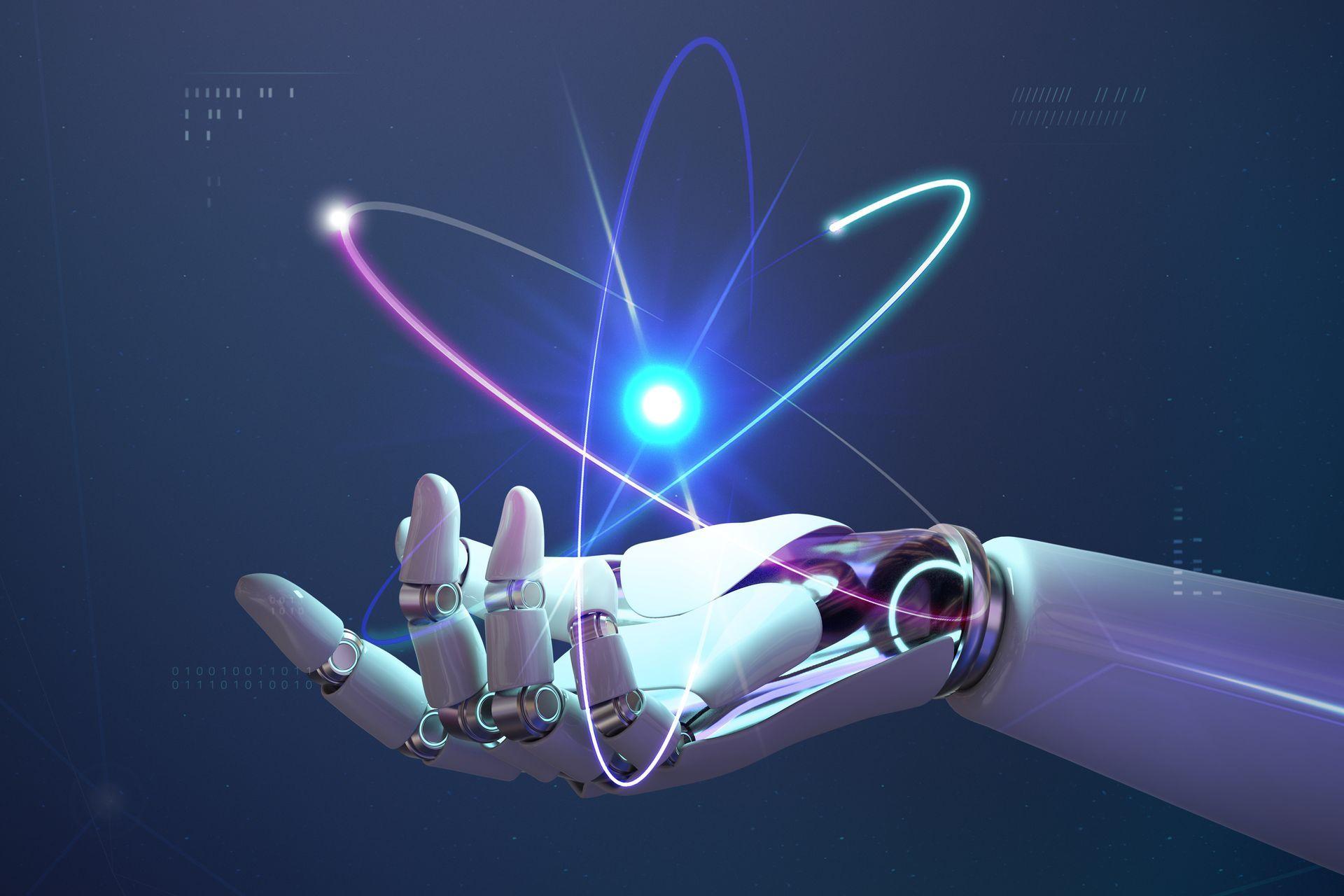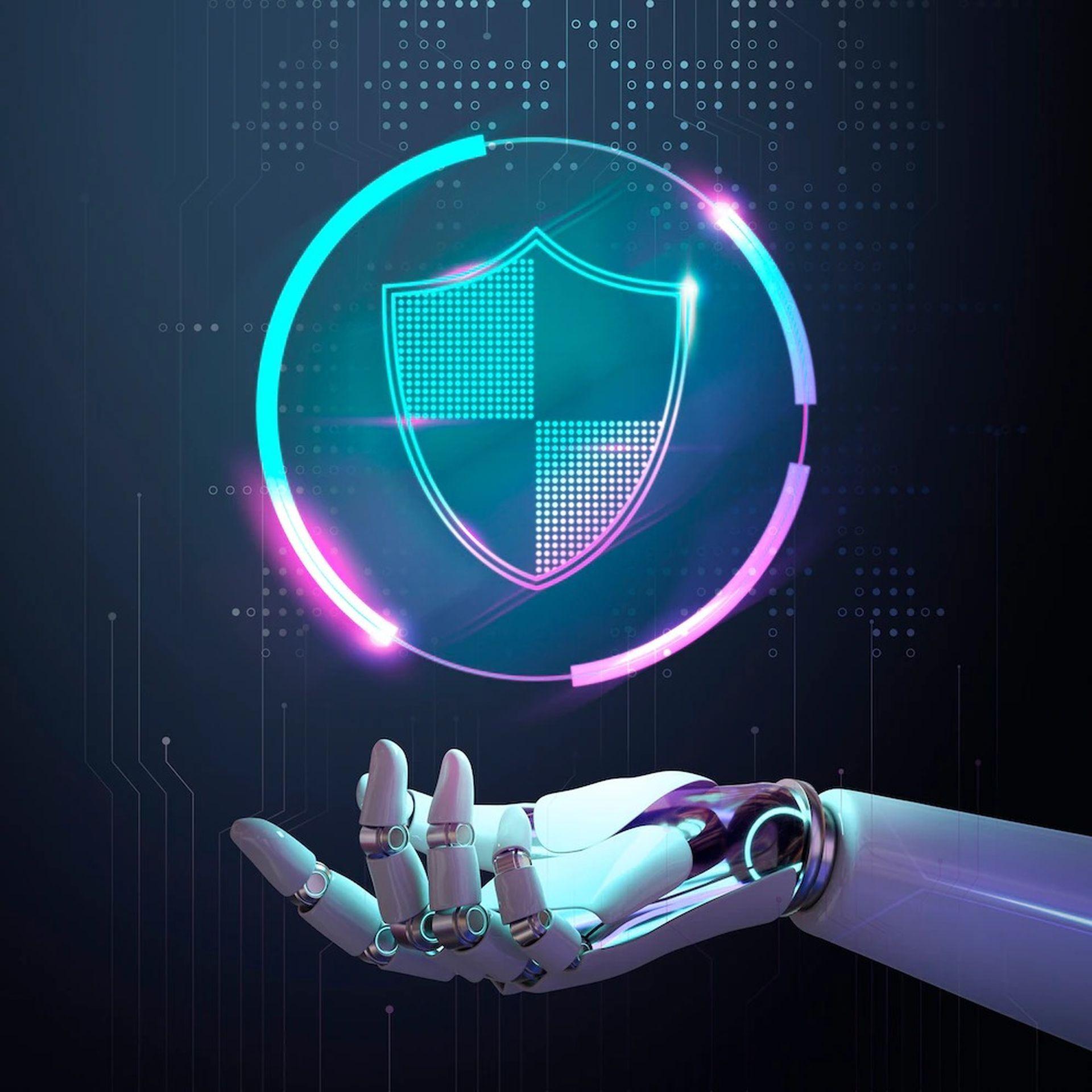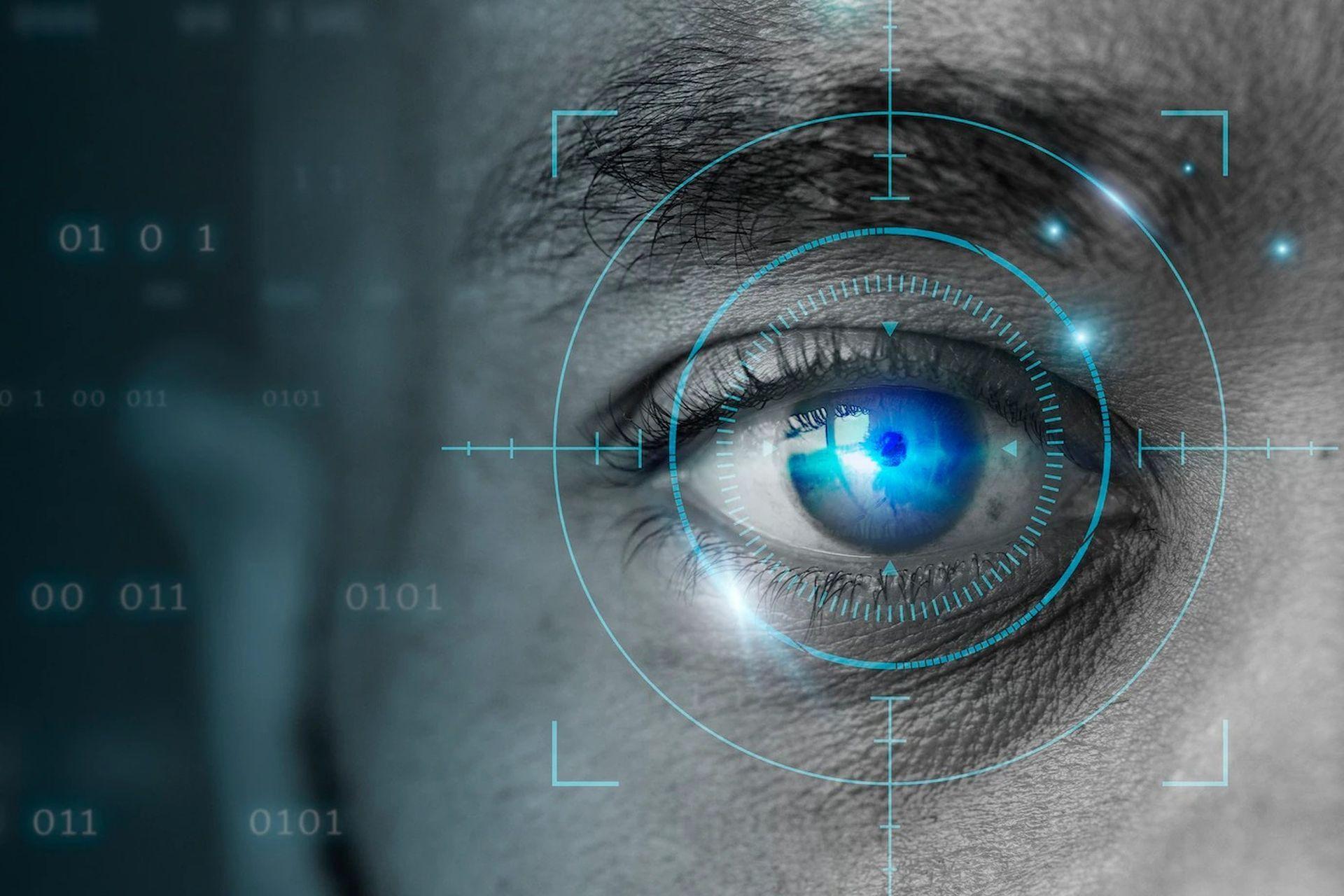In the era of the digital workplace, enterprises are utilizing cutting-edge technologies and today we are going to discuss how AI in security systems could help businesses increase their cybersecurity.
Artificial intelligence (AI) is becoming more prevalent than you may realize. AI technology is used in a variety of important industries, including healthcare, transportation and finance, as it automates processes and allows people to work more efficiently.
Detecting threats can be done by AI in security systems
AI is being introduced into commercial security systems and beginning to change technology. Modern security systems with AI capabilities can assist security personnel in better detecting threats and reacting more quickly to safeguard their company.
AI can be used by businesses to allow security operators to analyse data more effectively and streamline processes, allowing teams to shift their attention away from less important concerns in order to better detect anomalies as they develop.
AI in security systems allows your teams to give improved and faster responses to threats, enhancing the security of your business.

Another application for AI is to automate responses using its learning capabilities. AI can be utilized to analyze data patterns over time and learn from them. By automating routine procedures, AI frees security teams to focus on the most important issues.
In many cases, AI allows users to complete essential activities more effectively while still maintaining data safety and organizational standards for optimum performance. AI technology is also able to assist in the analysis of combined data streams, as it can be used to analyse both physical and cybersecurity systems. You can also learn how does AI overcome the fundamental issues with traditional cybersecurity, by visiting our article.
Learned behaviors can help security teams control the millions of data points coming from across an organization’s multiple systems by pinpointing issues with automated notifications and conducting efficient audits over time.

If your security team repeatedly dismisses a specific warning on their video surveillance system, an automated response will develop that AI technology will identify. It may result in an automated response to delete this alert, resulting in fewer unneeded alerts.
AI is able to quickly process data and make decisions based upon it, eliminating the need for manual labor. However, it’s critical that your system keeps a log of all alerts and activity so that it may be reviewed on a regular basis to ensure optimal performance.
AI enhances accuracy of security systems
Automated responses and processes provided by an AI may have a major influence on the productivity and accuracy of your converged security system. There is a need for security teams to be more flexible and accessible as employees adopt more hybrid schedules. Cyber and physical security teams can benefit from AI’s adaptability and efficiency even as data and information grow in volume.
By analyzing activities across your infrastructure and detecting unusual activity, AI in security systems can eliminate unnecessary responsibilities on your converged security team, allowing them to devote their attention to more essential things.
For instance, if a delivery person rings the doorbell on the reader, the intelligent voice system may pass the call to the correct individual based on responses from the visitor. Depending on tenants’ availability and door open/close timings, calls may be routed to secondary teams or a voicemail service.
AI in security systems can be used to assist your personnel in identifying which areas require immediate attention, generating real-time alerts, and increasing productivity to guarantee that your company remains safe and performs at its best.

AI can be used to enhance commercial security systems in a number of ways. Detecting anomalies and behaviors are two excellent examples. It’s tough for security experts to keep track of each and every occurrence on the network, so data-driven AI learns to identify particular changes or patterns.
User interactions, data packages delivered throughout the net, and network hacking attempts are all examples of such unexpected patterns that AI may identify. Using a baseline of what is normal and what isn’t, AI can spot unusual network activity. Video security software can use AI to notify security personnel to look for out-of-the ordinary motion or conduct. For example, Ava Aware’s video security software uses artificial intelligence to identify unusual motions or behavior.
When an AI detects something unusual, it can notify security personnel, allowing them to assess and respond. Even if your security team is away from the workplace, remote access and real-time alerts would allow you to keep your on-premises and cloud-based security systems secure.
AI isn’t flawless. Although it is beneficial in detecting anomalies to normal patterns and assaults, it isn’t perfect. Advanced attacks may disguise their signature and deceive AI in security systems into disregarding the danger. Not only security, but AI in manufacturing is also shaping the future of Industry 4.0.
It’s still crucial to monitor and intervene, and you should never rely on AI alone to secure your security systems. Overall, AI can help your team identify threats and abnormalities across your security system on a large scale, allowing security teams to proactively safeguard your company.






